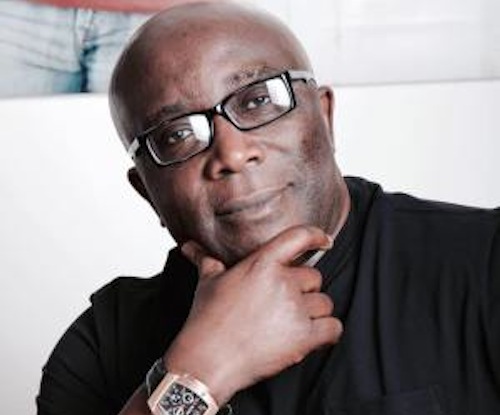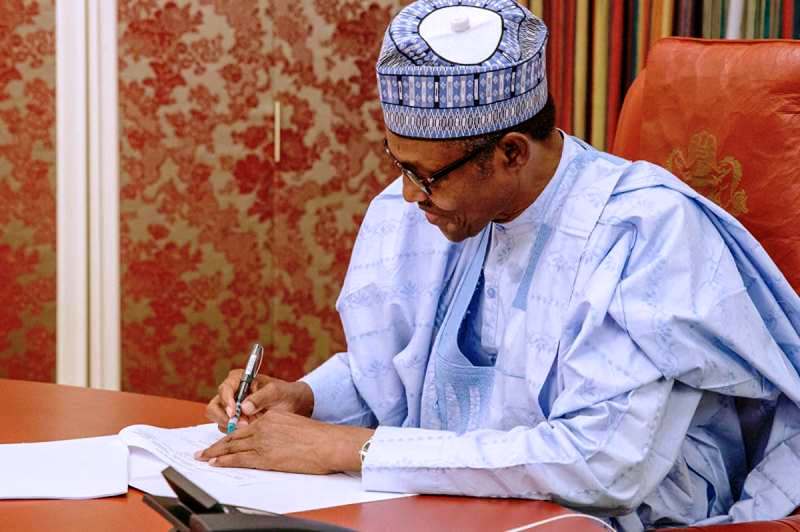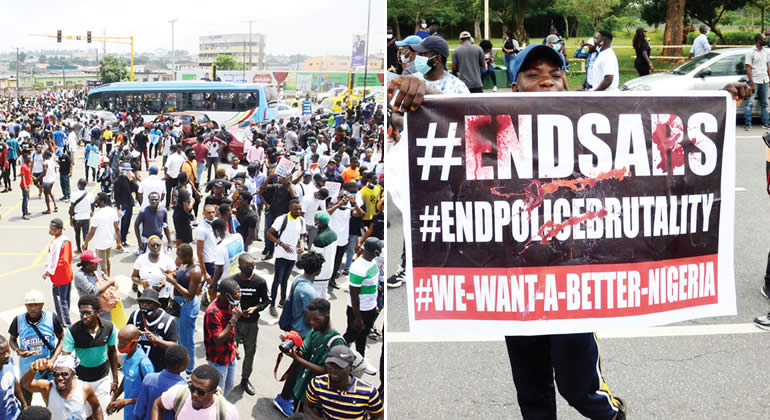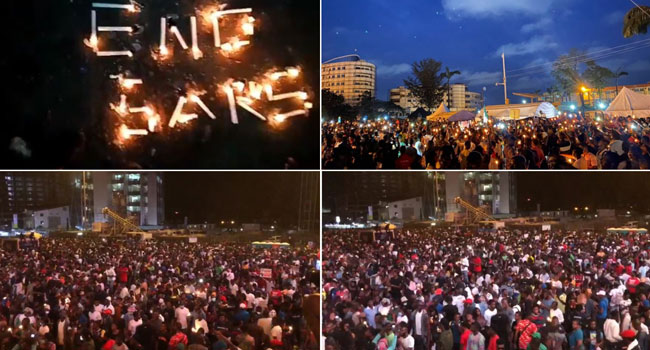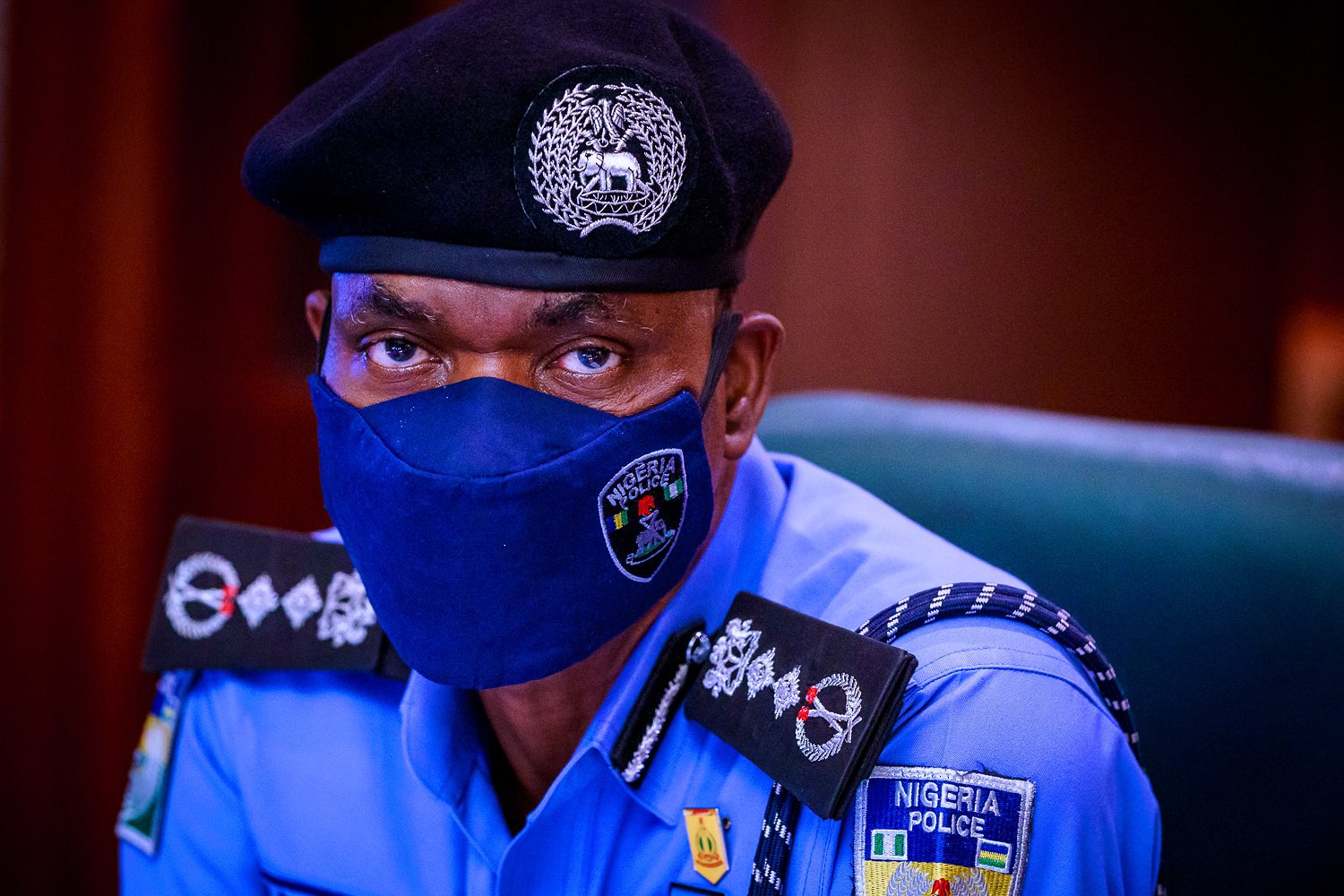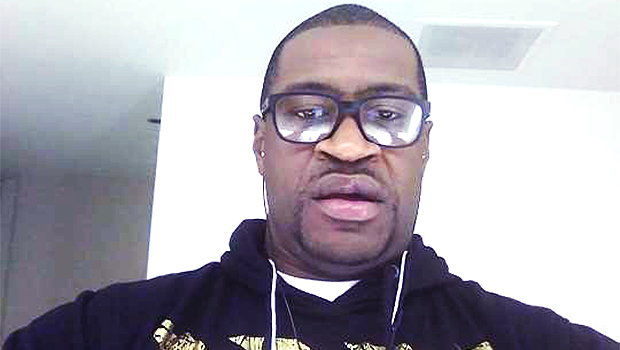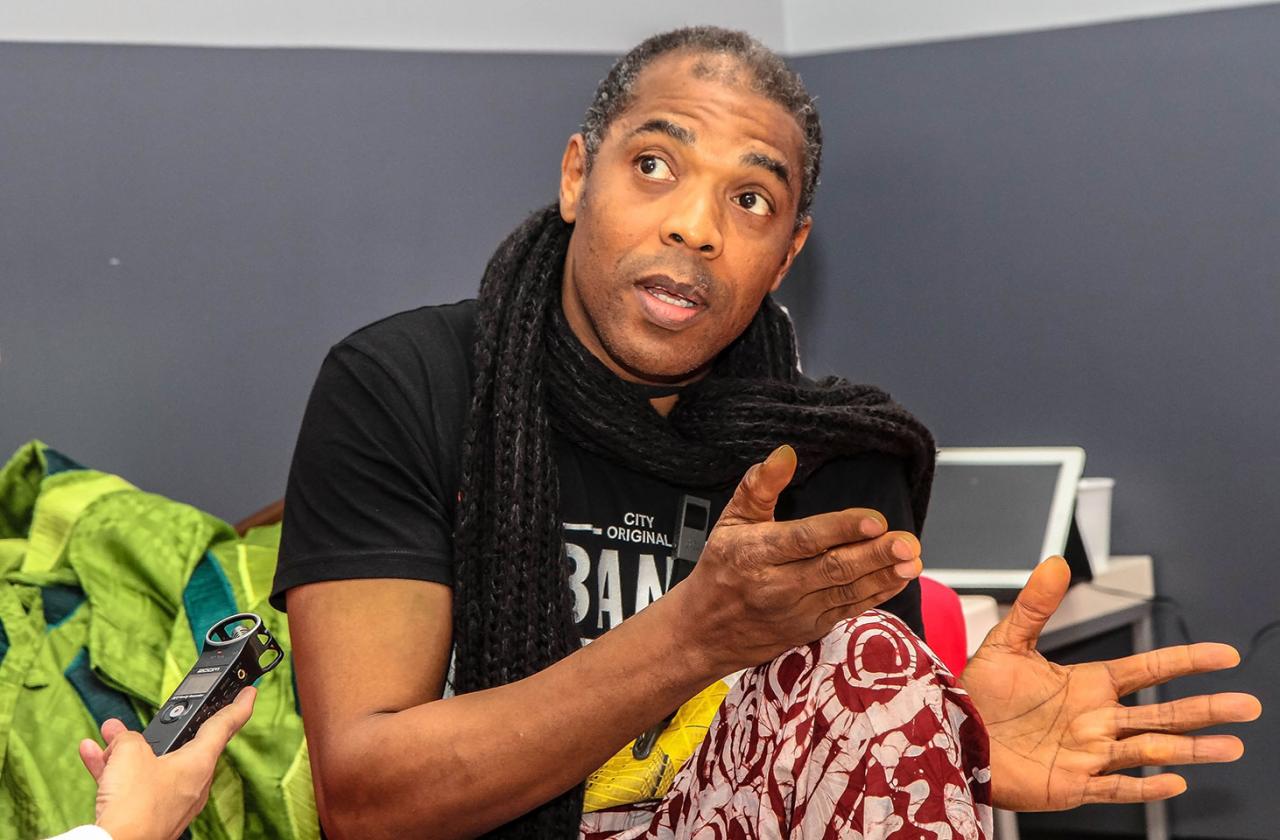Chidi Amuta
In many ways, the last two weeks may end up as a defining moment for the Nigeria of tomorrow. Anger against a rogue police outfit (SARS) has sparked a spontaneous nationwide youth spring with unfamiliar unanimity and a clear message.
Pent up anger and desperation has in turn overwhelmed the apparatus of law and order with waves of arson, looting and vandalism that swept through major urban centres. The wrong of police brutality felt by the youth has reignited a dying sense of community and common outrage across the nation.
On its part, government has been caught somewhat shocked and nearly clueless. It has stumbled on with knee jerk solutions, familiar blandness and an embarrassing lack of creative thinking. It has hurriedly undertaken to scrap the offending SARS, reform our defective police force while investigating widespread charges of police brutality and rights abuses. It has outsourced the job of investigating police rights abuses to the states who now have to determine culpability of individual police officers before recommending prosecution, possible compensation and reparations.
But a skeptical youth force has been reluctant to trust the government whose past record of tardiness inspires little hope. In defiance of the stern posturings of federal and state governments, the protests continued for some days while the descent into lawlessness assumed a life of its own. Curfews and stern measures across the states promises to restore law and order, leaving the public, the injured and the bereaved to count their losses.
Yet something encouraging has also come across. In all the turbulence and upheaval, not a single voice has risen to reject or repudiate the idea of the Nigerian nation. All the anger has been against the lapses in the way the affairs of the nation have been mismanaged over the years. What is significant is that the youth who constitute over 75% of the populace have finally expressed their stake in the future of the country, a clear indication that we are at the brink of an altered face of the social and political conversation about Nigeria.
Let us therefore delineate the boundaries of the emerging confrontations. The peaceful protests of youth united against police brutality and other forms of official impunity needs to be quickly isolated and kept safe. It is a historic milestone in our quest for a democratic republic of free citizens. This process of peaceful protest must be sustained and separated from the anarchy and uncontrolled criminality that has unfolded around the protests.
On the contrary, something unites the mindless brutality of the soldiers who killed some innocent protesters at Lekki Toll Gate on Tuesday, October 20th and the irate bands of criminals and hoodlums that rampaged and looted around the country. Both strands belong in a common pool of despicable savagery and vandalism that hovers at the fringes of our noble core as a people. We must reject this descent into anarchy and violence by both the errant arm of the public and the lawless armed agents of the state.
Yet, the entire complex of contradictory events demand more than the usual superficial reflexes, lazy explanations and cosmetic solutions of our governments. We are actually at the brink of the next phase of Nigerian history. The citizenry have woken up to the expression of their rights through open peaceful protests. The nature and scope of this latest event is like nothing we have seen in the past. It is a moment that we need to seize, treasure, learn from and deploy for a better future.
Behind the lines of protest and grievance, we can hear the loud groans of a nation in dire straights of misrule and a people in the desperate throes of poverty and distress. The strongest and most able cannot find work. The hungry cannot find food while utter hopelessness dogs the lives of the majority. The wait for direction and comforting action from successive governments has been long and fruitless. When finally the army of youth braved the storm to protest the brutality of the police, it was a wake up call that united all the pent up energies in the land. The unkempt genie is out of the bottle.
In the immediate circumstances, the protests came through the vehicle of the popular cultural revolution that has recently swept through the country and united our youth with their fellows in the rest of the world. Our new popular culture of music, movies and comedy has created a new crop of wealthy and influential youth powered by the social media. The magnetic urgency of this youth culture is the fuel that has fed the quick spread of the anti-SARS uprising. The revenue and publicity dividend of Nigeria’s new cultural evolution has also come with the price of global solidarity with the pains of our youth. A youth swarm that gathers spontaneously to watch and listen to Davido, Whizkid, Burna Boy, Flavor and Tiwa Savage is bound to answer when these their icons point at the injustices of their day. The revelers of today are the ready angry youth protesters of injustice at the political level tomorrow.
Consequently, the atmosphere of the recent protests themselves bore the markings of the new age of fun and seriousness. The protest venues featured dance, song, music and a carnivalesque atmosphere, The various protest grounds became ground zero for youth to drown their frustration and anger in solidarity for a common cause. Some danced. Others sang. There was free food and drinks.
An unwritten code of civility reigned at the protest venues and ensured that initially there was little criminality. Pickpockets and petty thieves were promptly apprehended and handed over to the police. Protest organisers arranged common food banks and fed all and sundry in orderly queues including the police. It was a very touching spectacle for the most part. The world heard Nigeria as youth and lovers of freedom from every land joined and identified with Nigerians. We became the world, thereby exposing the foibles of our authorities to the floodlights of global scrutiny.
These peaceful earlier days of the protests were quickly overtaken by a wave of negativity. Suddenly, the evil ingenuity of vested interest and privileged mischief crept in. Rented thugs were trucked in to invade the protests bearing clubs, machetes, charms and amulets. Violence was introduced into something that started out as a peaceful protest. A window was opened for criminal gangs, hoodlums and looters to overrun the protest and dominate public spaces.
Remarkably, the original protests were led by fairly affluent and comfortable artists, pop stars and children of the rich. The inbuilt contradictions of the class character of a society such as ours came to the forefront. With the richer youth obviously outnumbered by the poor and unemployed ones from the slums and shanty towns, the atmosphere of peace and order was overwhelmed by the roughness of rowdy hoodlums and small time criminals. Hidden grievances have come to the surface. Primordial animosities and petty envies fuelled by ethnicity have come to the surface in the pattern of looting arson and attacks in some cities. A devious political elite intent on discrediting the youth and their peaceful protest to justify a crackdown went to work.
Social and commercial activities were interrupted while the activities of government and businesses came to a screeching halt. State after state imposed one curfew or the other. Fear and trepidation gripped the entire nation. The widespread desperate cries for justice and return to order and peace underlined one thing: Nigerians love their country but desperately yearn for it become a happier place. That is one prominent takeaway of the protests.
In the wake of the criminal hijack of the protests, the longing for the restoration of order and peace in the land gradually became a unifying cry and hunger. Underneath it all, critical issues of history and nation being have come to the surface. Under this pressure, government descended with strong arms. A small contingent of army personnel invaded the Lekki Toll Gate protest venue and fired at protesters with live bullets. Some lives have been lost and injuries sustained by many. The world heard the staccato of gunfire interrupt the passionate renditions of the national anthem. The world also saw, in bleeding colour, the blood stained banners, our national flag, being waved by injured youth whose only crime is that they want a better Nigeria.
At this juncture, we need to interrupt this narrative and interrogate the larger issues that have arisen. First is the responsibility of the state in a time of sudden crisis and the threat of anarchy. The imperative is to balance the protection of democratic freedoms against the need for the preservation of law and order. It is a delicate balance that demands the deployment of high statesmanship.
The degeneration of the protests by the invasion of thugs and criminals is an elementary test in crisis management for the state. The object of state authority is to keep law and order by separating bad people from the majority of good people who deserve to be protected. The motley crowd gathered at Lekki Toll Gate on Tuesday, October 20th was a mixture of mostly genuine protesters and maybe a handful of miscreants. But the army personnel drafted to the venue probably did not bother to separate the bad people from the majority of innocents. Instead, they opened fire on the crowd with live ammunition thereby meting out the penalty of death on both the innocent and the lawless criminals. In this regard, the state failed. The most elementary law of war is for every soldier to distinguish friend from foe. It is a bad soldier that fails to make this elementary distinction.
As the nation regains social order and takes stock of a fortnight of diverse awakenings, the telling contradictions tucked into the womb of this protest should persist in our minds. At the bottom of the conflict in the protest is a perception divide between our youth and the political and state establishment. We have an establishment manned by a political elite and a bureaucracy mired in antiquity. On the other hand, our youth have become part of the global village of Google knowledge, on- the- go communication and instant messaging. This is the world of cutting age knowledge in nearly every field of human endeavor. Because this youth bulge constitutes over 75% of our demographics, they are the bulk of our civil society whose aggregate knowledge and world view is at the cutting edge of the information technology revolution that now rules the world. The conflict between this sophisticated civil society and a moribund establishment is at the heart of the conflicts that will dog our lives for the foreseeable future. The response of the political elite as captured by President Buhari’s national broadcast last Thursday evening is the desperate cry of a threatened political establishment. The youth have inadvertently frightened an insecure political elite at a time when it is led by an anti-intellectual conservative.
Three things should now happen if we want peace and orderly progress: First, the critical mass of the new civil society should aspire to become managers of the public space. Second, the existing establishment should retool and upgrade itself to measure up to the new age IT wave. Third, the establishment could use a strategy of massive inclusion to save itself by involving the youth and women in the public space at a level nearly commensurate with their share of our demographics, a strategy that will amount to ‘class suicide’.
Ultimately, however, the youth spring will have to transform itself into a political force. It will need to quickly deploy the deft organizational acumen that powered the ENDSARS protest into a political machinery. It promises to be a frightening movement that will consign the present ancient parties into the dustbin of history. Only then will the anxious wait of the youth and the rest of us become a beacon of hope for the future we seek. The events of the last two weeks could define our future and the remaking of Nigeria for the good of all. It has happened elsewhere. The rise of Emmanuel Macron to the French presidency is a current example. Why not here as well?
